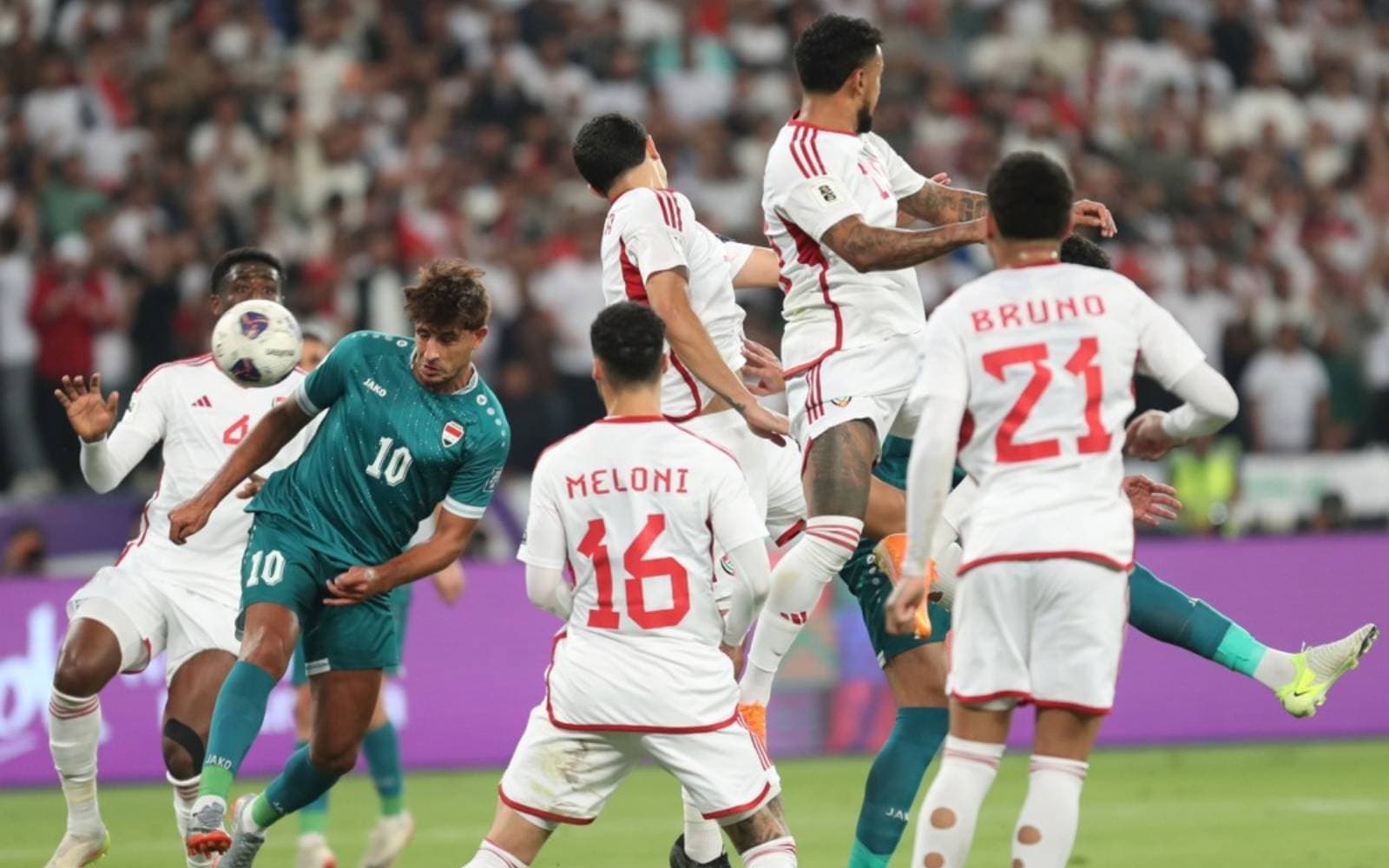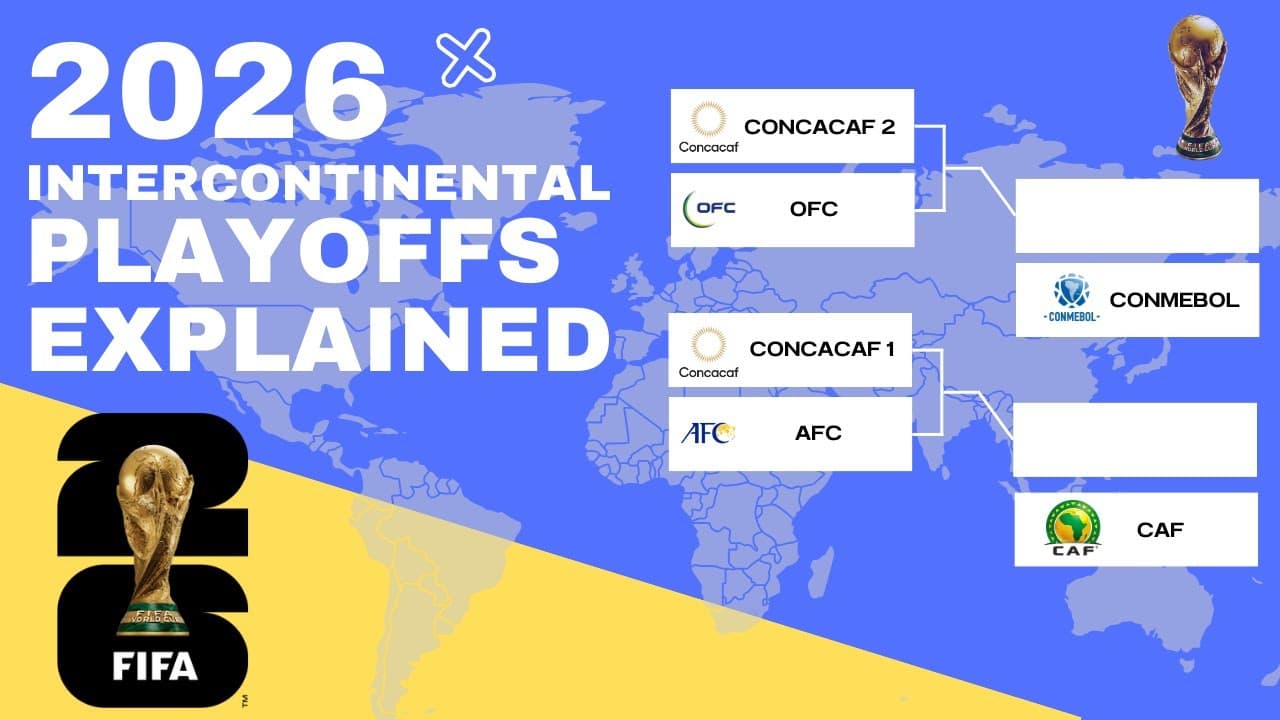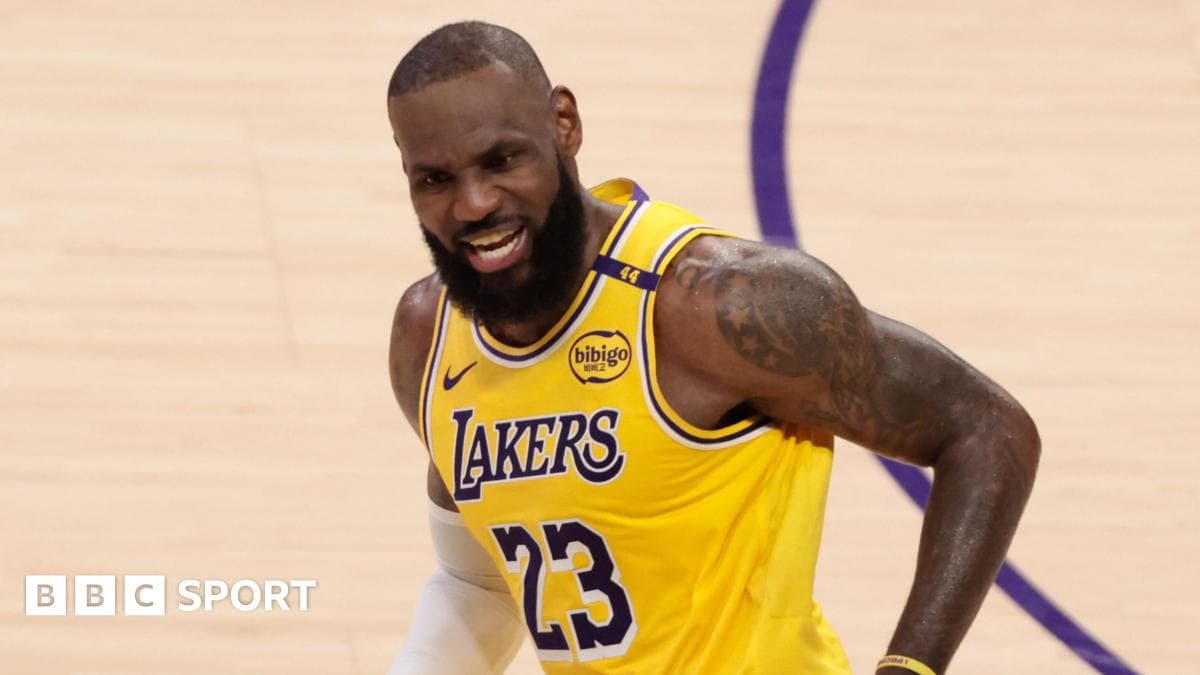Iraq Prevails Late, Earns March Intercontinental World Cup Playoff Spot
A stoppage time penalty from Amir Al Ammari delivered a dramatic 2 1 victory over the United Arab Emirates on November 18 2025, sending Iraq through 3 2 on aggregate to the intercontinental playoffs in March. The win keeps Iraqi hopes alive for the 2026 World Cup and carries wider significance for domestic football, national morale, and regional sporting business opportunities.

Iraq kept alive its bid to reach the 2026 World Cup on November 18 2025 with a stirring 2 1 home victory over the United Arab Emirates, sealed by a stoppage time penalty from Amir Al Ammari that completed a 3 2 aggregate triumph. The tie had been balanced after UAE forward Caio Lucas opened the scoring and Mohanad Ali equalised in the 66th minute to force a tense finale. Al Ammari’s decisive spot kick sent Iraq through to the intercontinental playoffs in March where two remaining places for next year’s expanded finals will be decided.
The match highlighted Iraq’s capacity to deliver under pressure and underscored its reinvigorated presence in Asian qualifying. Tactical discipline and resilience defined the home side, which absorbed UAE pressure after conceding and then shifted momentum through Mohanad Ali’s timely intervention. The stoppage time resolution reinforced a narrative familiar in global football, where marginal moments determine qualification and shape national sporting agendas.
Beyond the result, the progression carries tangible implications for Iraqi football’s development and its wider economy. Reaching the intercontinental playoffs promises increased media attention, broadcasting revenue, and commercial interest for the national team and domestic league. Qualifying runs tend to catalyse sponsorship deals, merchandise sales, and stadium attendances, generating resources that can be reinvested in youth academies and infrastructure. For a country that has faced decades of disruption, football’s commercial upswing offers a vehicle for job creation and private sector engagement around sport.
Culturally the victory resonated with a nation for whom football is a powerful conduit of identity and unity. High stakes matches like this have historically rallied broad swathes of society and within Iraq the win is likely to amplify civic pride and social cohesion across regional and sectarian lines. The momentary elation that follows results of this magnitude can also translate into longer term social benefits if federations and policymakers leverage the momentum toward grassroots programming, safer playing environments, and inclusive access to the sport for young people.
Regionally the outcome matters as well. The UAE will regroup and recalibrate after a match that showcased both their attacking potential and defensive vulnerabilities. For Asian football more broadly, Iraq’s advancement illustrates the increasing competitiveness across the confederation as nations vie for fewer direct slots in a crowded global landscape. The upcoming intercontinental playoffs in March will now feature Iraq as a representative with not just sporting aspirations but also commercial and diplomatic significance, as nations use the global football calendar to project soft power.
As attention shifts to preparations for March, focus will be on squad fitness, tactical refinement, and the ability to translate this emotionally charged victory into consistent performance on neutral ground. For fans and stakeholders, the journey remains alive and the stakes have only grown larger.


